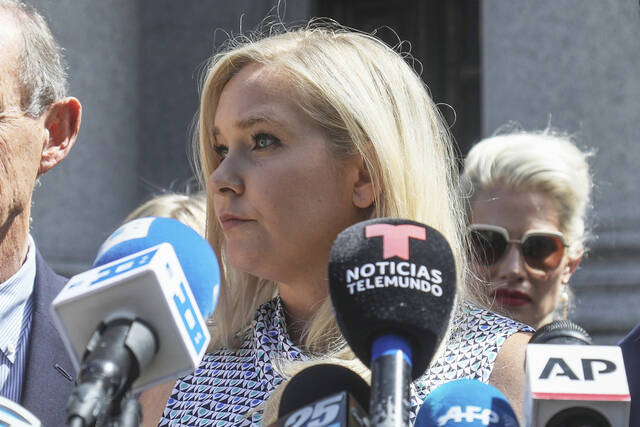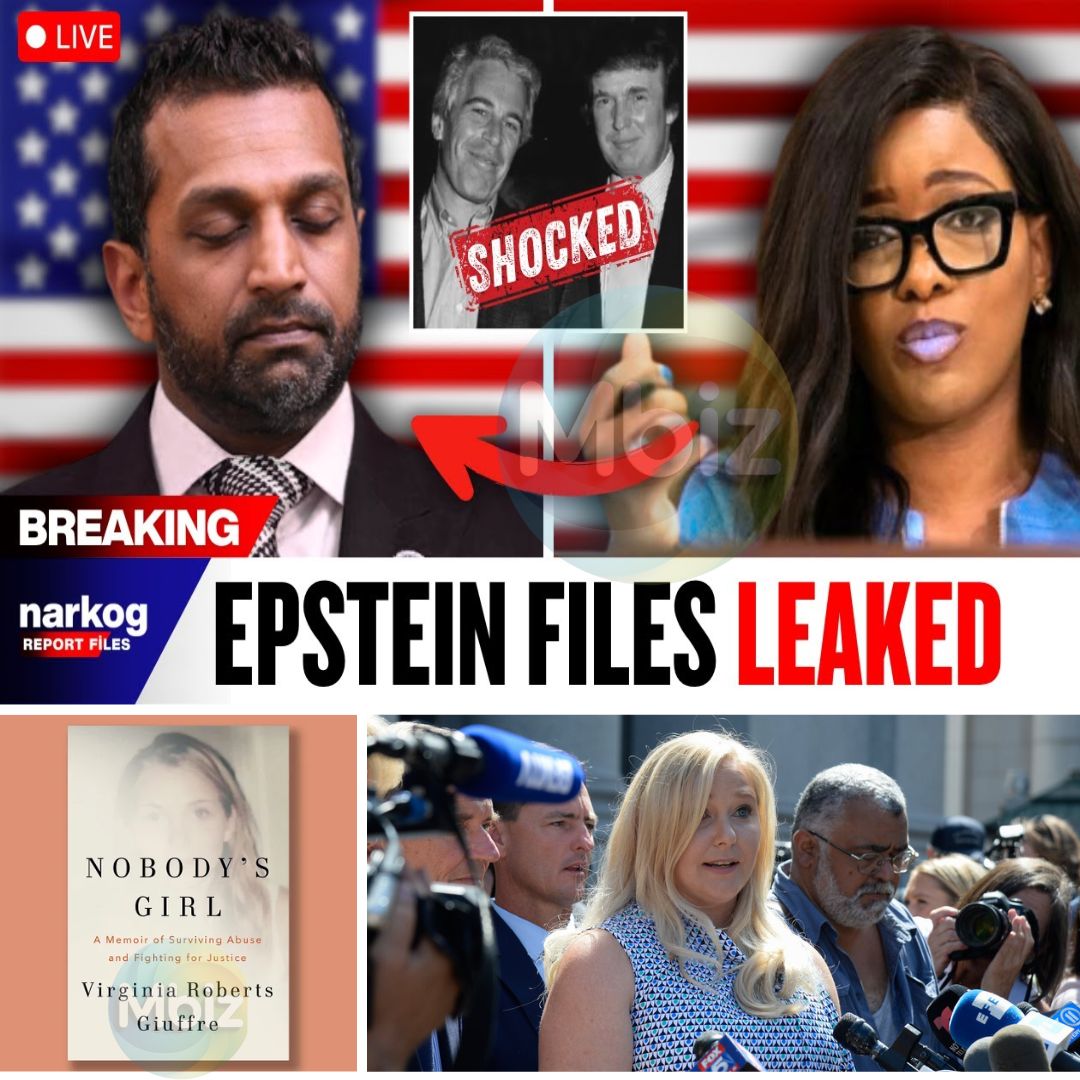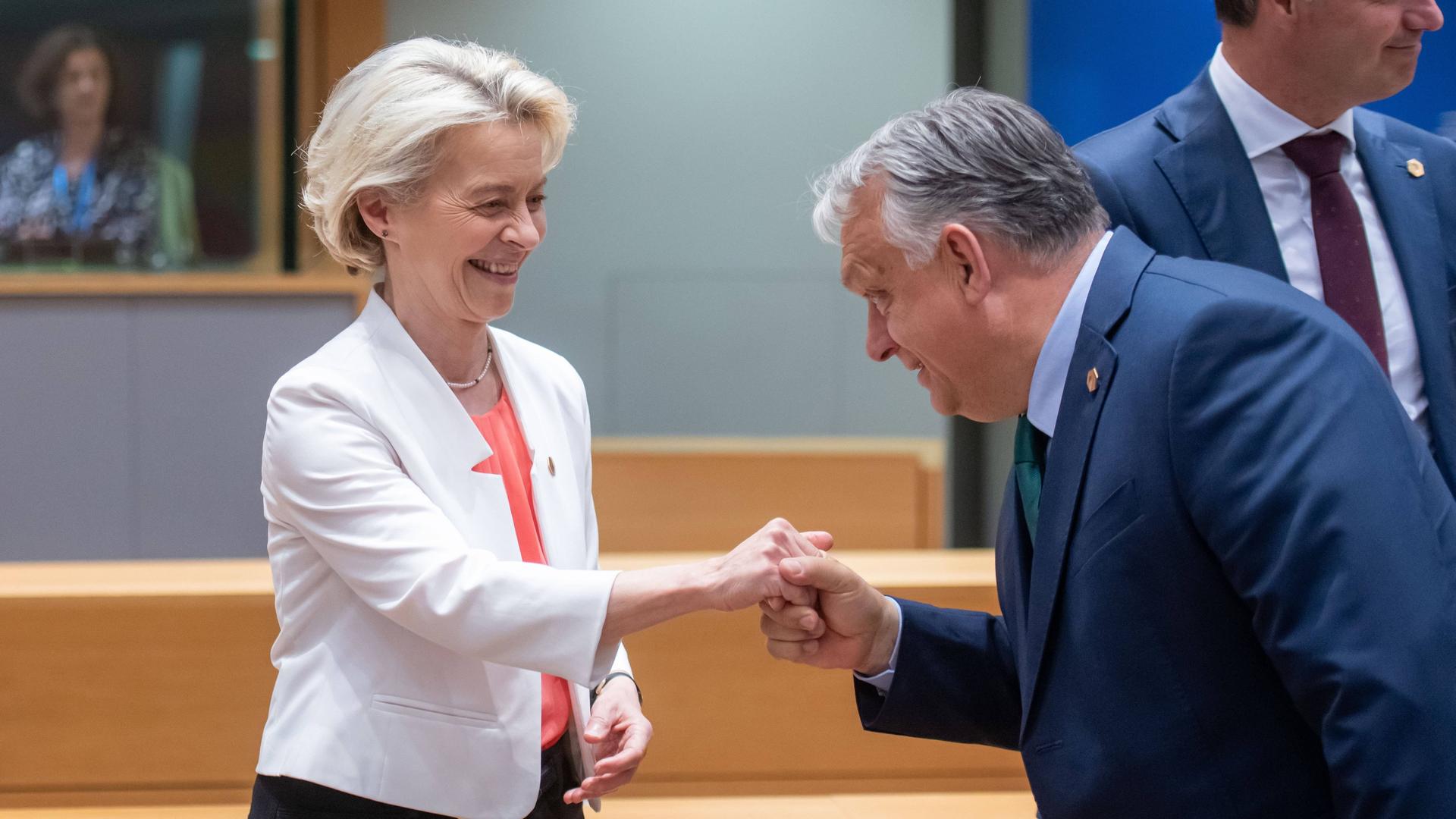In an explosive congressional hearing that will be remembered as a watershed moment in U.S. history, Congresswoman Jasmine Crockett revealed damning evidence implicating the FBI in a systematic cover-up of evidence related to Jeffrey Epstein. The revelation occurred on March 22, 2025, when Crockett presented 2.3 terabytes of classified files, including a staggering 8,047 names of implicated individuals, sending FBI Director Cash Patel into a public meltdown that shocked the nation.
 At precisely 2:47 p.m., the atmosphere in Room 254 of the Rayburn House Office Building crackled with tension as the House Intelligence Committee convened for what was anticipated to be a groundbreaking hearing. Crockett, a former prosecutor with a background in national security, entered the chamber with a briefcase containing explosive evidence that could topple the highest echelons of federal law enforcement. As she prepared to confront Patel, the stakes could not have been higher.
At precisely 2:47 p.m., the atmosphere in Room 254 of the Rayburn House Office Building crackled with tension as the House Intelligence Committee convened for what was anticipated to be a groundbreaking hearing. Crockett, a former prosecutor with a background in national security, entered the chamber with a briefcase containing explosive evidence that could topple the highest echelons of federal law enforcement. As she prepared to confront Patel, the stakes could not have been higher.
Patel, known for his previous evasive tactics, faced an unprecedented challenge. Crockett’s opening question regarding the FBI’s evidence preservation standards quickly escalated as she presented a memorandum detailing the destruction of Epstein-related evidence. The chamber fell silent as she read from the document, revealing that the FBI had inventory of 2.3 terabytes of video surveillance implicating numerous federal officials, including Supreme Court justices and congressional members. The implications were staggering.
As Patel attempted to deflect with bureaucratic assurances, Crockett’s relentless questioning exposed a web of corruption, suggesting that evidence destruction was orchestrated to protect powerful predators within the government. The tension reached a boiling point when she revealed a Department of Justice directive that ordered the destruction of evidence implicating federal officials, claiming it was necessary to preserve “institutional integrity.” The audience gasped, and social media erupted, with the hashtag #CrockettEpsteinFiles trending within minutes.

In a shocking turn, Patel’s composure shattered. He erupted in a furious outburst, claiming that Crockett was weaponizing oversight. The ensuing confrontation, marked by raised voices and accusations, underscored the gravity of the situation. Cameras captured every moment as Patel’s authority crumbled under the weight of the evidence presented against him.
The chaos escalated, leading to Patel’s suspension from the hearing as he was escorted out by security personnel. His career, once marked by confidence and authority, lay in ruins just 89 seconds after Crockett began her presentation. Bipartisan calls for his resignation flooded in, with legal experts labeling his actions as obstruction of justice.
As the dust settled, the ramifications of this explosive hearing began to unfold. The FBI’s reputation was left in tatters, raising serious questions about the integrity of the agency and its leadership. The international community reacted swiftly, with allied intelligence services expressing doubts about the FBI’s reliability.
This pivotal moment in congressional oversight highlighted the power of transparency and accountability. The evidence presented by Crockett not only exposed a shocking cover-up but also demonstrated that the truth could prevail, even against the most entrenched institutional corruption. As America grapples with the fallout, one thing is clear: the revelations from this hearing will reverberate throughout the halls of power for years to come.




